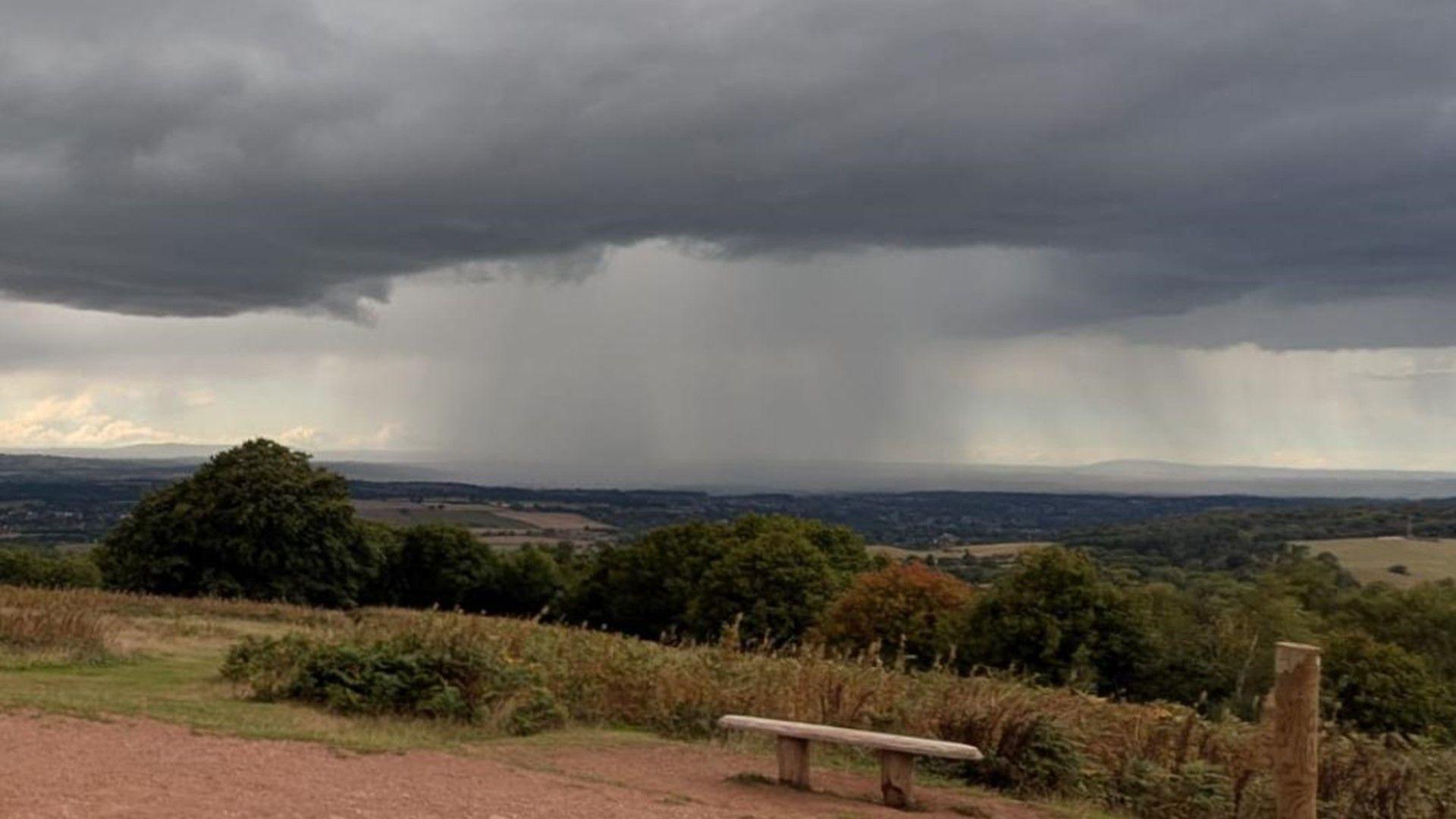Bowen: Diplomacy in ruins after Israel strikes Hamas leaders in Qatar

 Reuters
ReutersAlmost exactly a year ago I interviewed the Hamas leader and chief negotiator Khalil al-Hayya in Doha. I met him in a house not far from the building that Israel attacked on Tuesday afternoon.
From the beginning of the war in Gaza, al-Hayya had been the chief Hamas negotiator, sending and receiving messages to the Israelis and Americans via Qatari and Egyptian intermediaries.
At moments where ceasefires were thought likely, al-Hayya, along with the men who were also targeted this afternoon, were only a short distance from the Israeli and American delegations. When they were attacked, al-Hayya and the other top Hamas leaders were discussing the latest American diplomatic proposals to end the war in Gaza and free the remaining Israeli hostages.
Israel's swift declaration of what it had done immediately fuelled speculation on social media that the latest American proposals were simply a ruse to get the Hamas leadership in one place where they could be targeted.
On 3rd October last year, as Khalil al-Hayya walked into the venue for our meeting in a modest, low-rise villa, I was surprised that he had so little security. We had to give up our phones, and a couple of bodyguards came with him into the house.
Outside plain clothes Qatari police sat smoking in an SUV. That was it. A hundred bodyguards could not have stopped an air strike, but al-Hayya and his people were relaxed and confident.
The point was that Qatar was supposed to be safe, and they felt secure enough to move around relatively openly.
A few months earlier, on 31 July 2024, Israel had assassinated Ismail Haniyeh, the Hamas political leader in Tehran, where he was attending the inauguration of President Masoud Pezeshkian.
With the war in Gaza raging, I had wondered whether it might be dangerous to sit in the same room as Khalil al-Hayya. But like him, I thought Qatar was off limits.
In the last few decades Qatar has tried to carve itself a position as the Switzerland of the Middle East, a place where even enemies could make deals.
The Americans negotiated with the Afghan Taliban in Doha. And in the almost two years since the attacks on 7th October 2023, Qatar has been the centre of the diplomatic efforts to negotiate ceasefires and perhaps even an end to the war.
The peace efforts, driven by President Trump's envoy Steve Witkoff, were faltering badly. But now they are in ruins. In the words of one senior western diplomat "there is no diplomacy."
Prime Minister Benjamin Netanyahu has told Israelis that their enemies will never be able to sleep easy and are paying the price for ordering the 7th October attacks.

 Reuters
ReutersThe Israeli offensive in Gaza is gathering pace. A few hours before the attack on Doha, the Israeli military, the IDF, told all Palestinians in Gaza City to leave and move south. It's thought something like one million civilians could be affected.
In his televised comments Netanyahu told Palestinians in Gaza "don't be derailed by these killers. Stand up for your rights and your future. Make peace with us. Accept President Trump's proposal. Don't worry, you can do it, and we can promise you a different future, but you've got to take these people out of the way. If you do, there is no limit to our common future."
If Palestinians in Gaza are able to hear his words, they will ring very hollow. Israel has destroyed the homes of hundreds of thousands of them, as well as hospitals, universities and schools.
With Gaza already gripped by starvation, famine in Gaza City itself and a humanitarian catastrophe across the territory the forced movement of many more people will only increase Israel's lethal pressure on civilians.
Israel has already killed more than 60,000 Palestinians in Gaza, the majority of whom were civilians. Netanyahu himself faces an arrest warrant from the International Criminal Court for war crimes, and Israel is being investigated by the International Court of Justice for genocide.
The attack in Doha is a sign that Netanyahu and his government will press forward as hard as they can all fronts, not just Gaza. They are confident that with American support, their military can enforce their will.
The Doha attack earned a rare rebuke from the White House. Qatar is a valuable ally, that hosts a huge US military base and is a major investor in the US.
But Netanyahu appears to be calculating that Donald Trump, the only leader he feels he must listen to, will content himself with the diplomatic equivalent of a rap over the knuckles.
Israel's offensive in Gaza continues. And as the planned recognition of Palestinian independence at the UN later this month by the UK, France, Canada, Australia and other western countries approaches, Netanyahu's ultra nationalist cabinet allies will redouble calls to respond with the annexation of occupied Palestinian territory in the West Bank.


